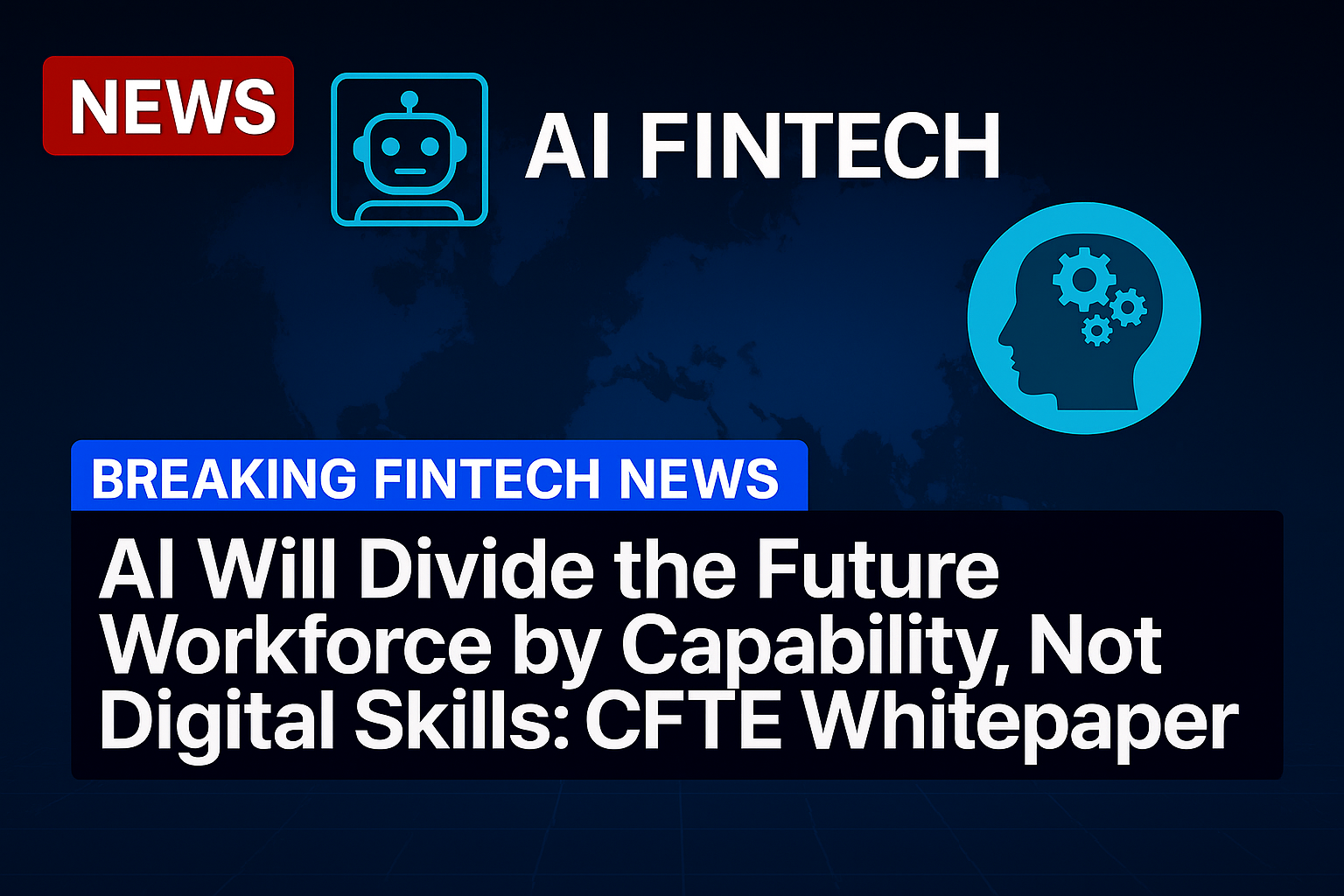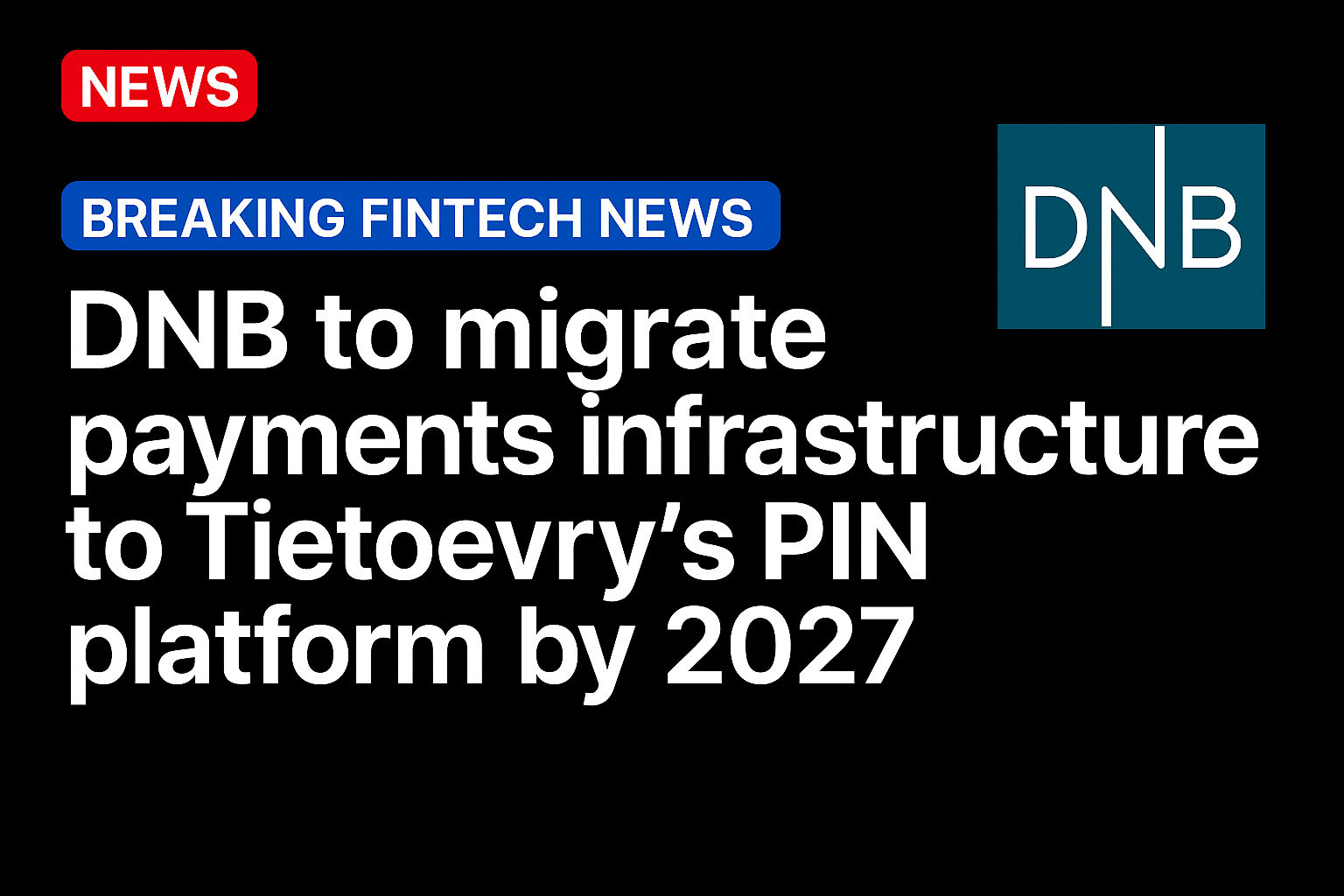The rise of AI is creating a new divide, not between the digitally literate and illiterate, but between those who can adapt their capabilities and those who can’t, according to a new whitepaper by the Centre for Finance, Technology and Entrepreneurship (CFTE).
The AI-fication of Talents whitepaper argues that artificial intelligence is not just transforming jobs, but also how talent itself is defined and developed. It identifies three emerging profiles in the workforce: ‘Mass Displacement’, ‘Supercharged Professionals’ and ‘Creative Disruptors’.
These categories, according to CFTE, are already beginning to influence how people and organisations adapt as AI becomes a pervasive force in the world of work.
The whitepaper suggests that traditional training and upskilling efforts are no longer enough. While learning to use AI tools is important, the report contends that the real advantage will come from building capabilities like structured thinking, judgment and system-level leadership.
Tram Anh Nguyen and Huy Nguyen Trieu, co-founders of CFTE, write in the whitepaper: “In a world shaped by AI, outcomes will diverge – and fast. Some individuals will thrive. A few will do exceptionally well. But many will fall behind if we do nothing. It’s already happening, just not where most people are looking.”
“Understanding who falls into which category is critical. For individuals, organisations, and nations alike, it is the foundation for meaningful preparation. But more importantly, understanding the attributes that define success in an AI world gives us the ability to move people – intentionally – into the right categories.”
New frameworks
To help individuals, organisations and governments address these shifts, the whitepaper introduces two primary frameworks: the Performance Hexagon and the CDE Innovation Prism – which are then complemented by a third tool, the AI Capability Engine (ACE).
- The Performance Hexagon maps how people create value, from routine task execution to strategic and transformational roles.
- The CDE Innovation Prism looks at how AI impacts industries through optimisation, amplification and disruption.
- The AI Capability Engine (ACE) provides a methodology to define, deploy and measure AI-readiness across entire populations, supporting capability-building at scale.
These frameworks aim to help decision-makers move beyond traditional approaches to training and workforce development, which the report argues are too slow and narrow to keep up with the scale of change driven by AI.
Scale of AI
Citing data from the International Monetary Fund and the World Economic Forum, the whitepaper points to the scale of this transformation. Up to 300 million jobs globally could be disrupted by AI in the coming years, with 96 million new roles potentially created and 83 million disappearing.
In April 2025 alone, OpenAI surpassed one billion users, marking the fastest adoption of a technology platform in history… faster than smartphones, social media or the internet itself.
Meanwhile, models like Gemini Flash 1.5 have cut deployment costs by up to 10 to 100 times compared to earlier large language models. At the same time, NVIDIA, a company once known for graphics cards, crossed a $2trillion valuation driven by AI demand, showcasing how new players are becoming economic powerhouses.
Geopolitical priority
Countries that invest in developing adaptable, future-ready talent are likely to gain a long-term advantage in the global economy. It recommends that governments move beyond digital literacy campaigns to build public-private infrastructure and foster institutional fluency in AI systems.
The report also outlines how access to AI tools is increasingly universal, but adaptation isn’t – highlighting a growing gap between those who can develop and evolve capabilities in real time and those who risk falling behind.
The release of The AI-fication of Talents builds on CFTE’s previous work, The AI-fication of Jobs, launched in 2024. While the earlier report focused on how roles are changing, this new publication shifts the lens to the broader question of how individuals, organisations and nations can thrive in a world influenced by AI.
Source: https://thefintechtimes.com/





